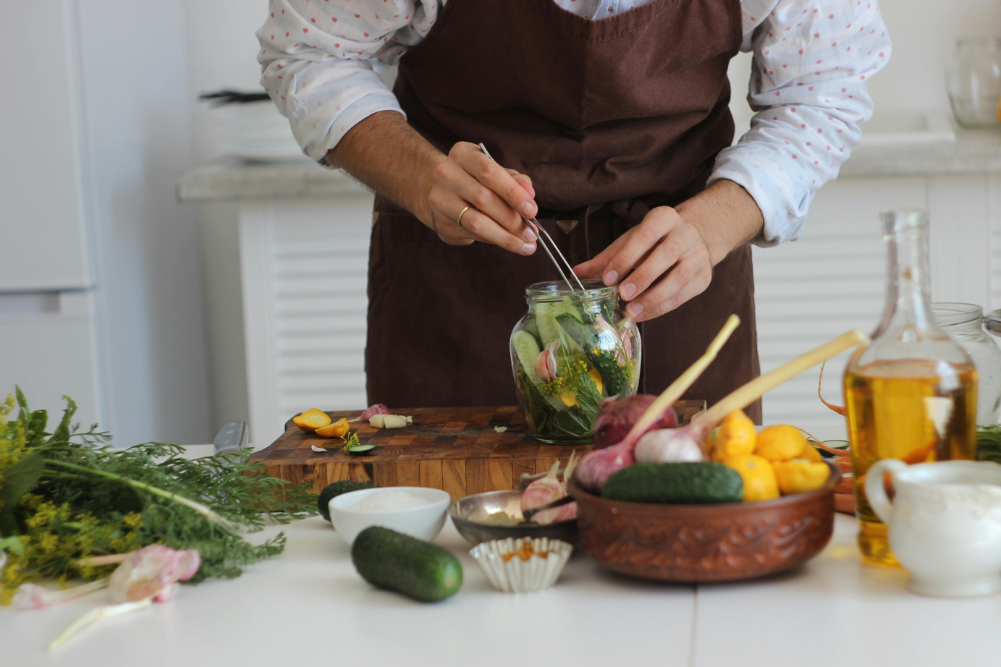Pain Relief the natural way – what to do
When you are feeling significant pain many of us reach straight for the pharmaceutical medication such as Panadol and Neurofen. For harder to relieve pain we use stronger pain killers that contain drugs such as Oxycodone and Fentanyl. These however can sometimes be toxic and addictive.
These drugs are synthesised from the opioid chemical paramorphine. It was developed to improve upon extracted opioids such as morphine and heroin, which are both extracted from the opium poppy plant.
Fentanyl is incredibly powerful and highly addictive. It can be dangerous. This drug could be more than a thousand times stronger than morphine and heroin. Fentanyl can come with side effects, such as breathing problems and low blood pressure.
Poppy species such as Papaver somniferum and poppy seeds that we eat on our bread do contain opiates, but only trace amounts that will not get you high. It is only when the sap from the immature seed pods is concentrated and opiates such as morphine are extracted, we get this effect and addictiveness.
Alternatives to opioids
Pain can be different; it isn’t all the same and this is why some natural treatments may work better than others for you. Intricately connected to the physical pain is our spiritual and mental approach to pain. Each of these elements provides the basis for natural medicine’s approach to pain.
You can try mindfulness and meditation, or even yoga. You can use massage as a form of pain relief, acupuncture and cupping, Floatation therapy, and also herbs. These are all aimed at assisting the body to remove the cause of the pain.
Some herbs contain a huge array of constituents that influence the body’s metabolism in a lot of ways. Some herbs encourage the healing process of organ and muscle cells, while reducing inflammation and help reduce pain sensations. Some have sedative effects and stimulate dopamine and other neurotransmitters that balance and reduce the effects of pain.
Herbs for pain
- Willow bark – clinical studies on willow bark have shown pain-relieving effects that were similar to the effects of pharmaceuticals.
- Meadowsweet – has the same effect as willow bark.
- Derris scandens – which helps treat muscle and joint pain.
- Ginger also contains many pain-reducing constituents.
- There are some essential oils such as Lavender, Clary Sage, and Rose oil that can help reduce pain.
- Desert spike reduces pain and also reduces infections after surgery
- Thyme oil can relieve pain associated with menstruation.
- Devil’s claw roots have been shown to relieve pain associated with headaches, backaches, menstruation and joint pain, as well as inflammation.
- Myrrh can be used for joint pain and inflammation associated with mucosal membranes.
- California poppy is not related to the opium poppy. It is a completely different species of plant. It does, however have an analgesic and relaxing effect and may be used for pain relief.
Other herbs include Goldenrod, Nettle, Frankincense, Cayenne, Turmeric, Kava and Ashwagandha. Instead of reaching for the pharmaceutical medication next time you are in pain book an appointment with your local naturopath or natural therapist who will put you on the right track as to what dosage you need to give one of these natural, less addictive treatments a try to see if they work for you.








